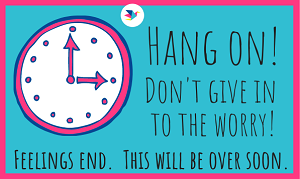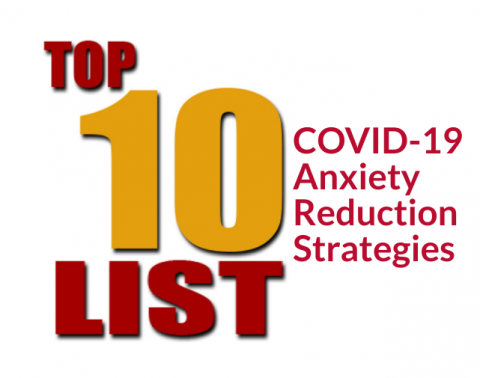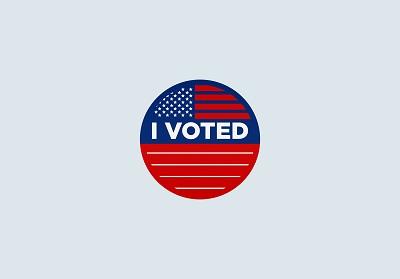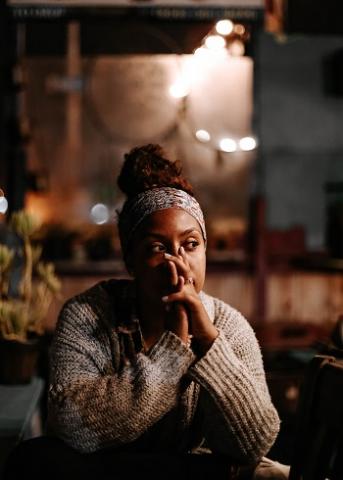ADAA Mental Health Blogs for the Public
2020 has been a difficult year for everyone, especially those who are prone to anxiety and depression. The social isolation, uncertainty about employment, income, health and the health of Covid vulnerable people you love has posed a unique challenge for us all. It is completely understandable for you to have some apprehension about the upcoming holidays.
In addition to its staggering impact on physical well-being and mortality, COVID-19 is also taking an unprecedented toll on our mental health. Numerous recent studies have shown global increases in the prevalence and severity of depression and anxiety as well as increases in post-traumatic stress disorder and substance abuse. These increases likely stem from the changes to daily life we have all been asked to make in attempts to mitigate viral spread.
The virus has upended the world as we know it, and kids are struggling. Kids were not meant to live this way. None of us were meant to live this way, but as a child therapist, I have a special focus on kids and their well-being.
During this time of national crisis, we must manage two things simultaneously: 1) Protect ourselves from the Coronavirus, and 2) Protect ourselves from anxiety. If your anxiety, fear, and worry has been overwhelming, put these ten strategies into practice.
“If we lose, I just don’t know whether the country can survive,” my client said. “Things are getting too crazy.” I heard those words before. From clients of the opposite party. The upcoming election has become every American’s—Republicans and Democrats, therapists and clients— worry number one. To many of us, the idea of losing feels like an existential threat, one that is igniting core fears about our health, our safety, our connections with our loved ones and community. We may be donating time and/or money to our campaign of choice, but it doesn’t feel like enough.
My OCD (obsessive-compulsive disorder) clients often ask me at some point early in therapy, "Why do I have OCD? Why is this happening to me?" While many environmental factors can play a role and a predisposition to OCD is certainly hereditary, the ultimate answer to this question is quite simple.
To answer it, we need to know what is different about people who develop OCD compared to people who do not develop OCD.












